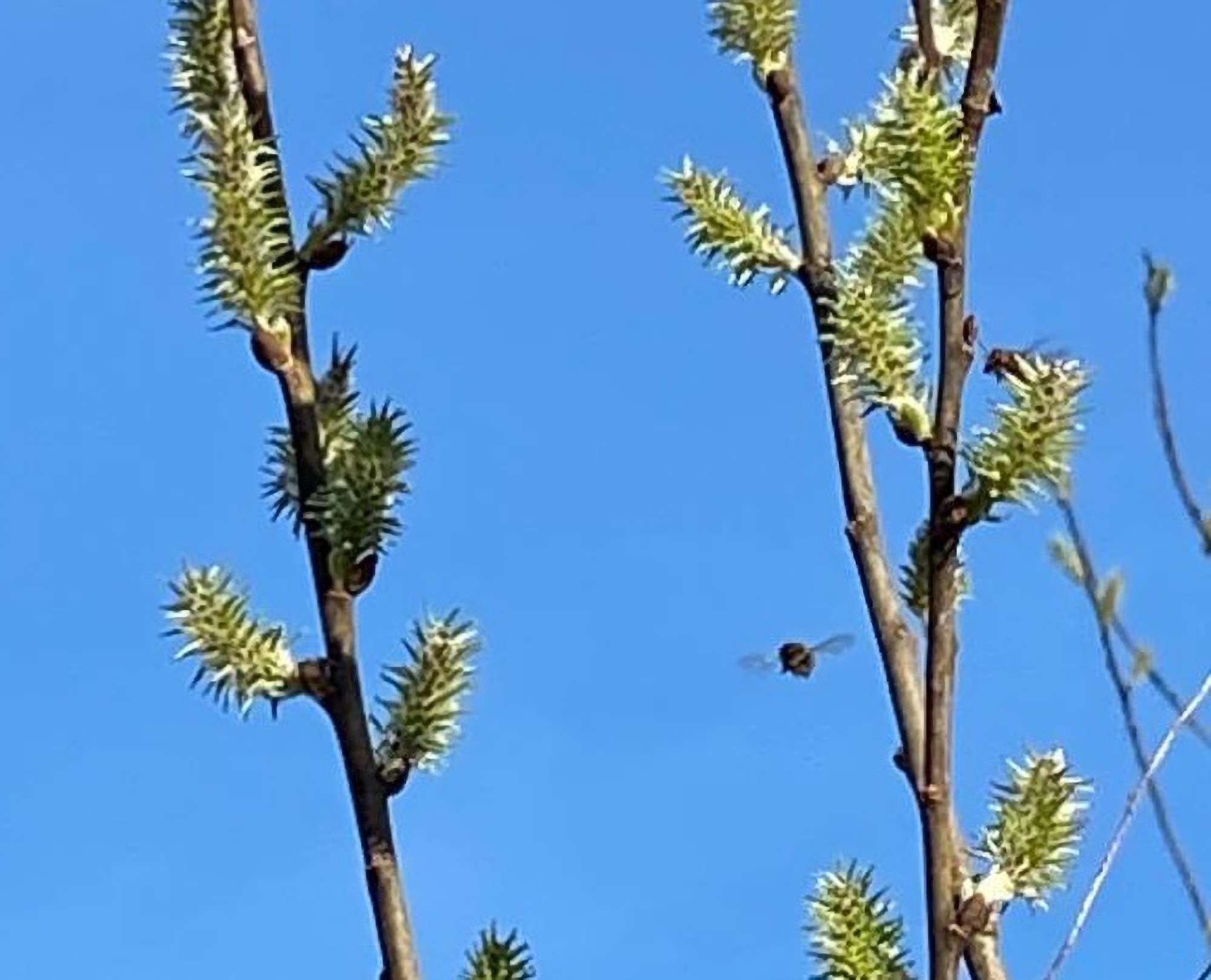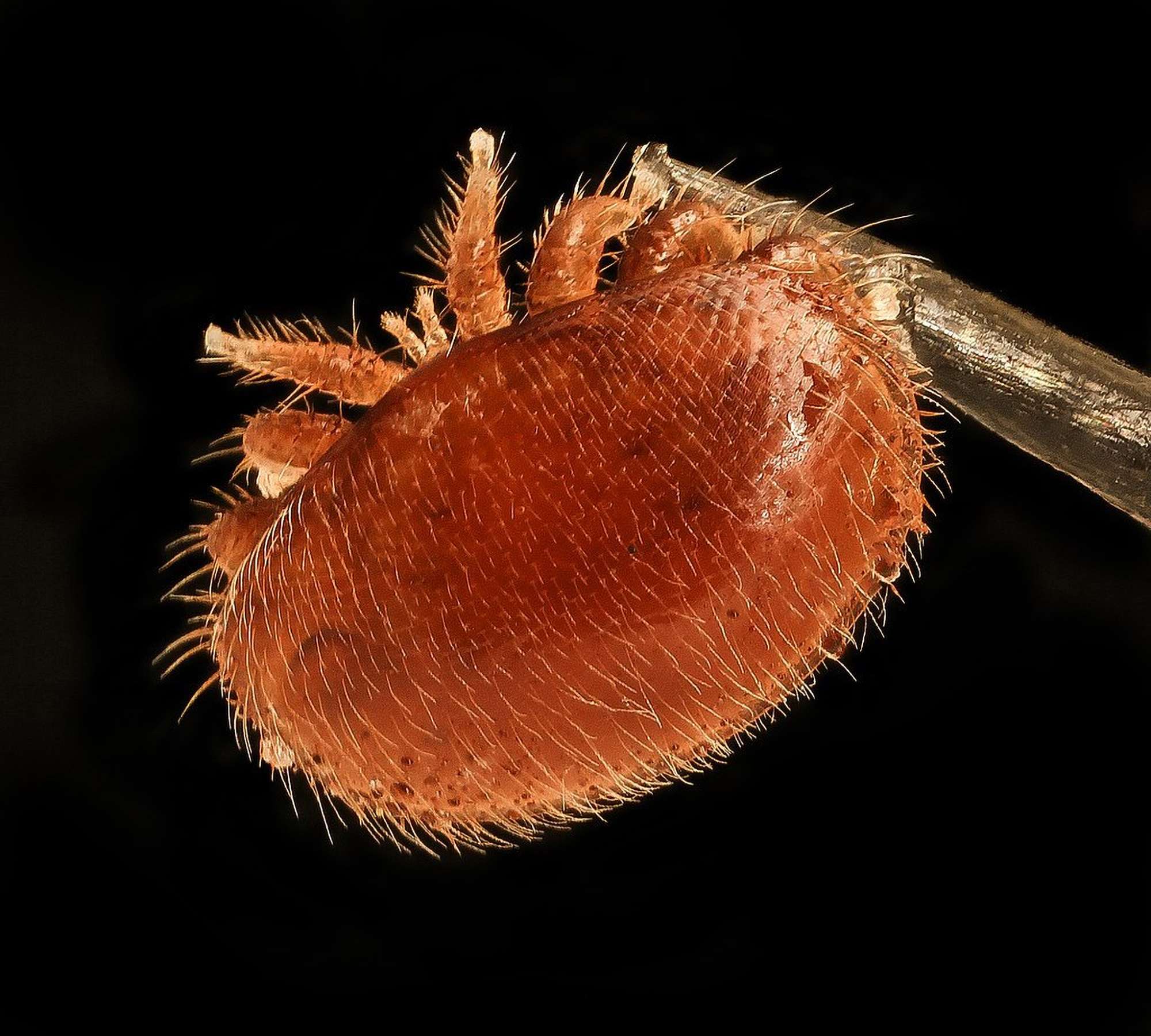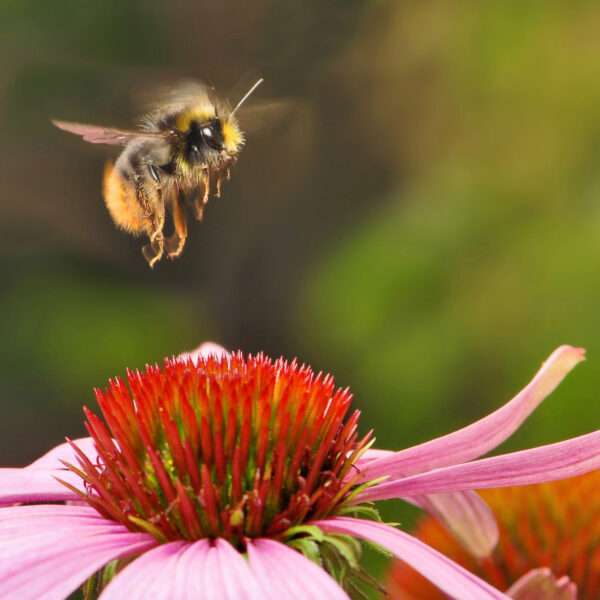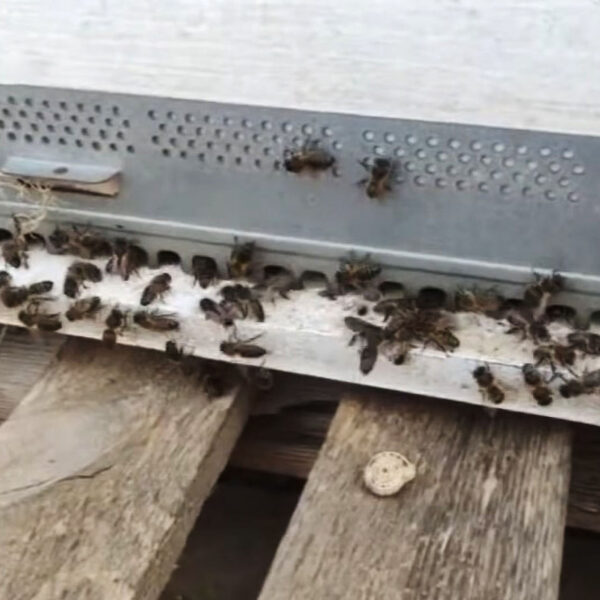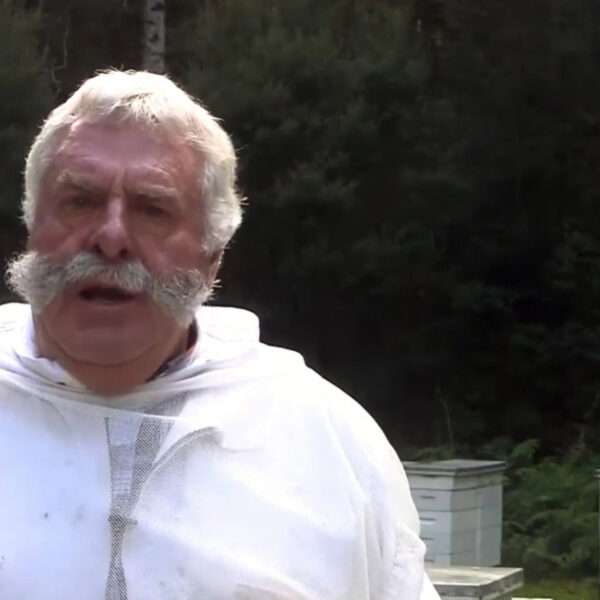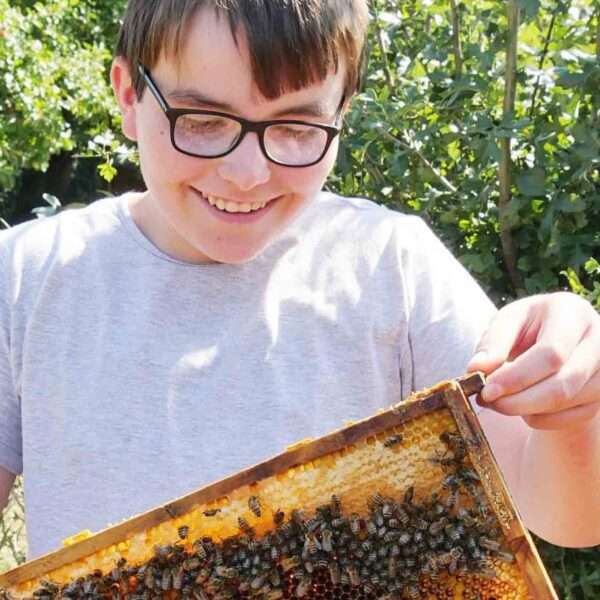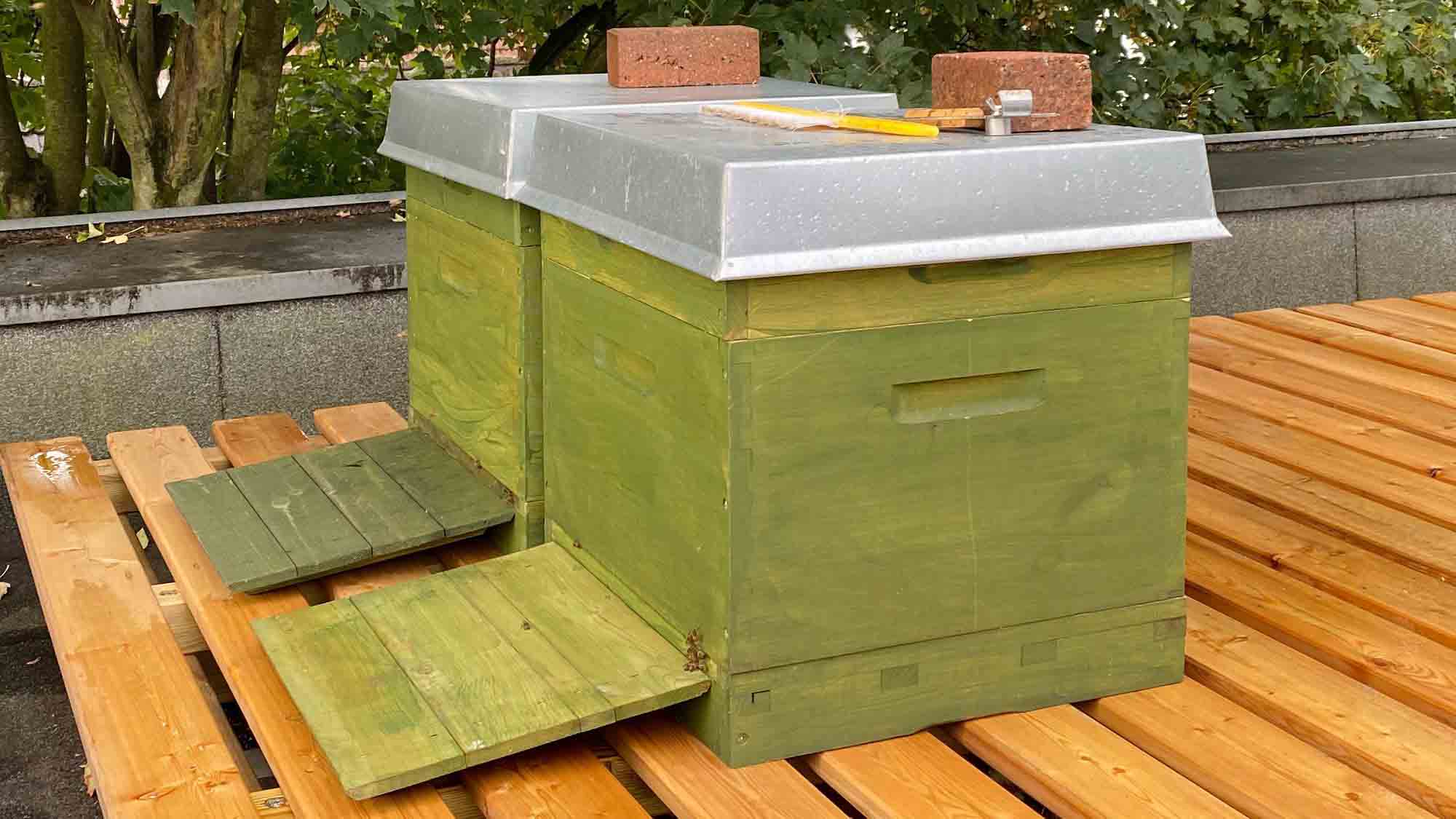A Mexican veterinarian who has specialised in rescuing bee swarms in urban areas said a lack of knowledge was posing a risk to pollinators.
Adriana Véliz founded Abeja Negra SOS five years ago. Reflecting on her experiences, she said the defensive behaviour some swarms were showing when she attempted to relocate them was most likely down to previous negative experiences with humans.
Adriana told El Pais: “That’s when I tell myself: Well, I can launch information campaigns but people will be afraid nevertheless.”

The vet added that many residents might kill the insects due to a lack of information and their intangible insecurities.
Adriana and her team are using smokers and wooden panels to remove hives from public places like parks and streetlights all over Mexico City. They take them to their estate in the countryside but sometimes also provide local beekeepers.
At Abeja Negra SOS, she also offers beekeeping courses, hive performance analysis and pest control services.
Adriana told El Pais she had established Abeja Negra SOS as “an alternative for all these bees that are at risk only because people do not have the culture or believe they are a danger.”
Mexico is one of the world’s leading providers of honey. In 2021, around 54,000 tonnes were produced at the country’s apiaries.
The British Beekeepers Association says that swarming is “a natural process.”
On its website, the institution explains: “It is the colony reproducing by the old queen leaving with some of the bees. They leave their hive and find somewhere to hang in a cluster until the scout bees decide on their new home.”
Professor Emeritus Donald Lewis from Iowa State University emphasised that swarming pollinators were unlikely to sting humans unless they feel provoked.
The entomologist said: “Swarms are temporary and the bees will move on if you patiently ignore them. Stay back and keep others away from the swarm, but feel free to admire and appreciate the bees from a safe distance.”


